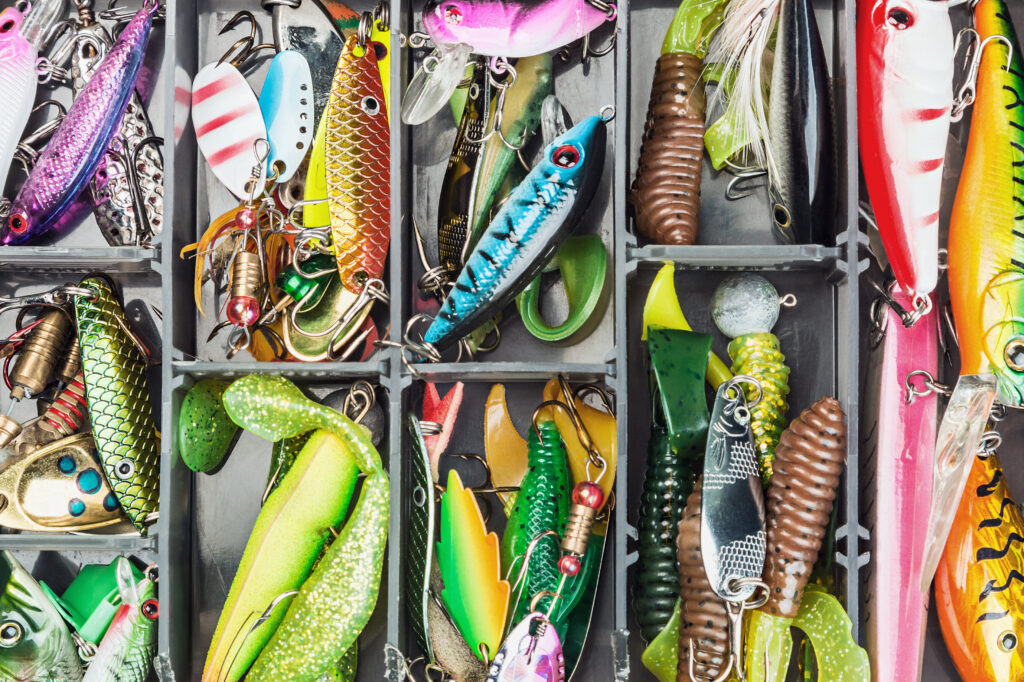The poor pelican in this clip is extremely lucky that a guy in a boat happened to pass by and spotted the trouble it had gotten into. The hungry bird had tried to gulp down what must have looked like a delicious fish supper. Sadly, the bird may have overestimated the size of its throat, and the fish got stuck. We can tell how firmly the fish is stuck by how difficult it is for the man to get it out. He twists it and tries pulling from several different angles but then discovers the problem. The fish still has a double-sided fishing hook in its mouth, and this has dug into the bird’s throat. Thanks to the assistance of another human, the fish is eventually removed, and both animals survive the ordeal!
Watch the Dramatic Rescue Right Now
What Do Pelicans Normally Eat?
Pelicans are birds in the Pelecanus genus. They are a large and aquatic bird with a distinctive large bill. Several species exist, including the American white pelican (Pelecanus erythrorhynchos) and the Brown pelican (Pelecanus occidentalis). As you would expect from animals that live near coastal or inland waters, their diet consists mainly of fish. Amongst their preferred prey are carp, mullet, shiners, and minnows. However, they can also be seen feeding on crustaceans, insects, amphibians, birds, and even small mammals! Pelicans are not that fussy!
How Can Fishing Gear Damage Wildlife?

Using artificial lures and barbless hooks Is one of several ways to practice sustainable fishing.
©OlegDoroshin/Shutterstock.com
This clip is a clear example of one way in which fishing gear can harm wildlife. For example, dozens of animals are brought to the Wildlife Center of Virginia with nasty injuries caused by fishing gear. Ingesting fishing hooks is a danger for several species when they try to swallow the hook or a fish with a hook in its mouth. These hooks can lodge in the animal’s mouth, food pipe (esophagus), stomach, or intestines and cause internal bleeding. They can also trigger regurgitation of food, tissue damage, and a lot of pain. Sadly, it can also result in death. Lead hooks and sinkers have caused lead toxicity in raptor birds.
Animals can also become entangled in fishing lines or netting, which causes lacerations and skin damage. Entangled animals often find it very hard to find food or escape from predators and this reduces their life expectancy. Waterfowl (including pelicans) and water turtles are amongst the most commonly affected animals.
The obvious way to prevent the type of emergency captured in this clip is to not release fish that still have hooks in them!
The photo featured at the top of this post is © iStock.com/
Thank you for reading! Have some feedback for us? Contact the AZ Animals editorial team.







